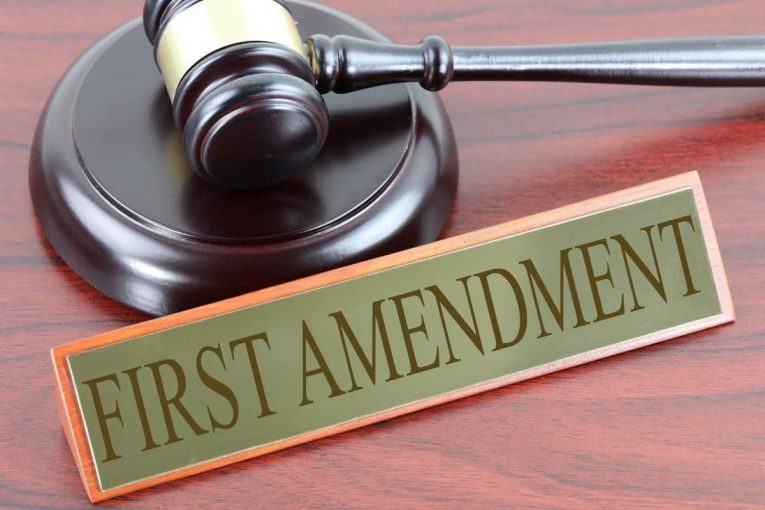

By Kevin Barragan
NEW ORLEANS, LA – An amicus brief filed here this week in the Fifth Federal Appeals Court argued, “when police officers wrongfully arrest an independent journalist in violation of the First Amendment, courts must order the officers to pay damages.”
The pleading, on behalf of the Electronic Frontier Foundation, National Press Photographers Association and Pelican Institute for Public Policy, urged the court not to allow misconduct by police against journalists to be protected by “qualified immunity.”
“Courts must scrupulously safeguard their First Amendment rights to gather and publish the new,” stated authors Aaron Mackey and Adam Schwartz, in a story about the filing, noting the rise of “citizen journalists.”
The brief argued independent journalists have gathered potential news information and posted it on social media platforms, contributing efforts to what mainstream media produces about news events.
“Damages are necessary both to compensate the independent journalist for their injury, and to deter these officers and others from similar misconduct in the future,” the filing notes, explaining compensation is necessary for damages and to discourage police officers from committing further misconduct.
“Citizen journalists play a vital role in our society. Their First Amendment rights must be protected, and the best way to do so is to ensure that a meaningful damages remedy is available when their constitutional rights have been violated. Amici respectfully urge this Court to reverse the decision below, and hold that Defendants do not have qualified immunity,” said the pleading.
Villarreal v City Laredo has landed in the appeals court for the Fifth Circuit and it has been decided by the court that the case should be reheard.
“The issue on appeal is whether a dangerous legal doctrine called ‘qualified immunity’ should protect the officers from paying damages,” states the brief, noting Congress has convinced the people to sue if their constitutional rights are being violated.
The U.S Supreme Court, claims the government has said if a government official violates the Constitution, they don’t have to pay damages, unless the legal right at issue was ‘clearly established’ at the time they violated it.” Constitutional law exists through federal courts granting immunity which becomes an issue for digital rights not being established law-based.
The brief further explains, “Independent journalists have published important stories on social media about, for example, public violence against Black people… damages remedy the protection of independent journalists from police violations of their First Amendment Rights.”
EFF’s brief argues, “Damages remedies are important for every journalist-indeed for anyone at all whose First Amendment rights have been violated. But the need for an effective damages remedy is particularly acute in the case of citizen journalists.”




